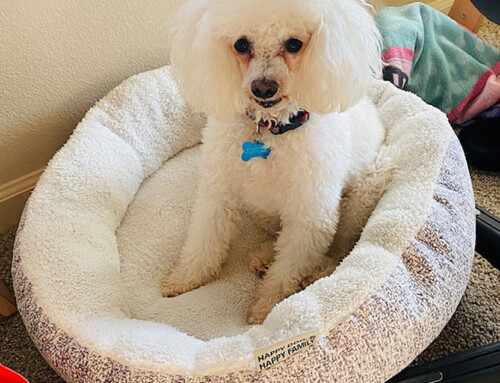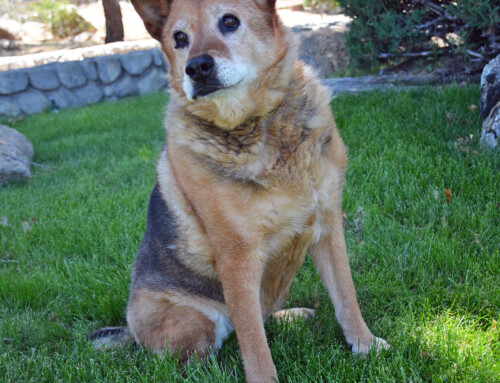You’re visiting a shelter, or a sanctuary, and suddenly, there they are — Puppies! Wagging from head to tail and looking at you with soulful eyes that go straight to your heart, you think, “Oh, I want a puppy!” So often we are taken in by these adorable little balls of fluff that the only thing we can think of is, “How can I take this cuteness home?”
But are we really ready for what it takes to raise a puppy?
This holiday season, you may think you are. We recommend taking a moment to evaluate whether you or your family are ready to be that puppy’s surrogate pack.
In her article, well-known dog trainer, Suzanne Clothier says, “It Takes A Pack to Raise a Puppy”. She goes on to explain, “By the time a puppy is 7 weeks old, Nature has prepared the puppy to form deep bonds – in the world, with the pack around him; as a domestic dog, to form bonds with us, his substitute family. This bond is heartwarming and charming – what is more adorable than a little puppy trustingly chugging along behind you?”
“Though he cannot articulate the concept, your puppy expects that leadership will be provided for him, or lacking that, he may have to be in charge as he matures. Like all social beings, he’d prefer that his leader(s) be calm, consistent, and clear while also being benevolent, protective, and aware. And being a dog in all his waking moments, he assumes that you are a leader for him in your every waking moment.”
“Though dog leader/puppy raiser/trainer may be only a part-time job for YOU, it does not change the fact that your puppy is a puppy 24 hours a day. Gaps in the leadership you provide for him will impact on the long-term relationship between you and your puppy. Loving a puppy is not enough; he expects and deserves clear, consistent leadership. Being a dog leader means setting the rules for what is and is not acceptable behavior in your pack (with consideration to your rules being in line with the realities of dog behavior, culture and what constitutes reasonable expectations)”
Suzanne Clothier shares a few concepts to keep in mind when considering bringing a puppy into your life:
- Tolerate puppies – They know not what they do
- Teach puppies – They know not what to do
- Be consistent with puppies – They forget things quickly
- Keep lessons short – Puppies are easily distracted
- Puppies need to play (and socialize) – That is why puppies are born in litters
- Good social skills & manners are made, not born
- Tired puppies are always good puppies
This holiday season, be sure you are ready for the role of Pack Leader if you plan to adopt a puppy. If you have any questions or concerns, feel free to contact our Kennel Supervisor, Edgar Santiago at (951)-321-9982 or kennel@warhorsecreek.com.
Thank you, Suzanne Clothier, for sharing your insight and expertise. In future articles we will be going into more depth about training puppies and the adult dog. We will call upon the knowledge and experience of various other trainers. Let us know if there is a particular topic you’d like us to cover!
A special thank you to Lynne Mall for helping to put this article together.








Leave A Comment